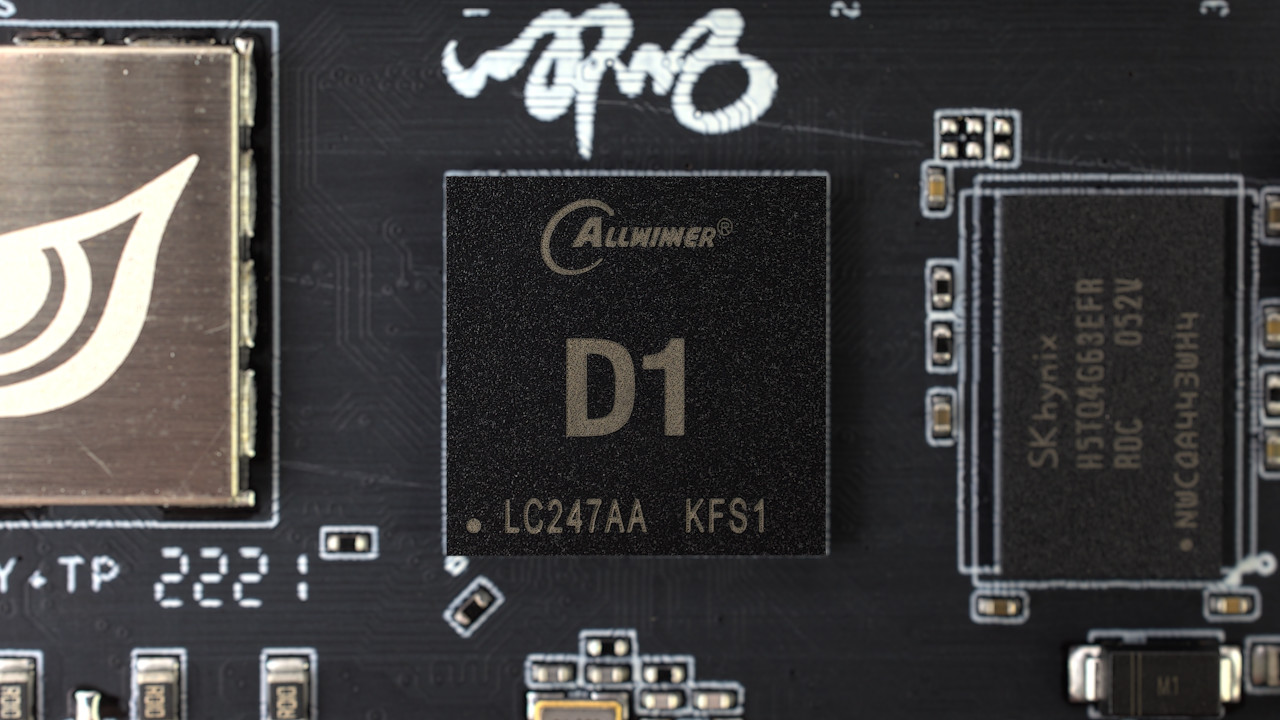Alibaba has released the source code for its XuanTie E902, E906, C906, and C910 RISC-V processor cores, promising to follow their release with additional development tools, software development kits, and customisations in the future.
Designed by Alibaba’s T-Head semiconductor arm, the XuanTie C906 was launched as a low-power in-order core for the Internet of Things, finding a commercial home in Allwinner’s D1 system-on-chip. The C910 is a higher performance out-of-order design, still built with the Internet of Things in mind, which has so far only been announced in a limited-production-run developer’s kit. The two E-family cores, meanwhile, are simpler designs for more resource-constrained environments.
Now all four cores are available under the permissive Apache 2.0 licence, allowing anyone to download the source code and experiment, build, or modify it – and Alibaba promises that additional support, including software development kits for both cores, will follow.
“By opening up the IP cores of our in-house IoT processors as well as related software stacks and development tools, we aim to assist global developers to build their own RISC-V-based chips in a much more cost-effective way,” claims Jeff Zhang, president of Alibaba Cloud and head of the Alibaba DAMO Academy. “We hope this move can encourage more innovation among the thriving RISC-V software community, and as a result help people to enjoy the benefits of a connected world in the digital era.”
“Alibaba supports the RISC-V community through their continuous contributions, technical leadership, and deep collaboration with RISC-V stakeholders,” adds Calista Redmond, CEO of RISC-V International. “Alibaba leads by example and has inspired the global RISC-V community to increase innovation in chip development with benefits to the entire RISC-V ecosystem.”
Those interested in building on the cores, however, should be aware that they were created prior to the ratification of certain RISC-V standards – in particular the vector extensions. As a result, they are not technically fully compliant with the current RISC-V specification – and developers of the Linux kernel have already raised concerns about how the C906, in particular, will be supported in mainline.
The OpenE902, OpenE906, OpenC906, and OpenC910 cores are available on GitHub now, under the permissive Apache 2.0 licence.
